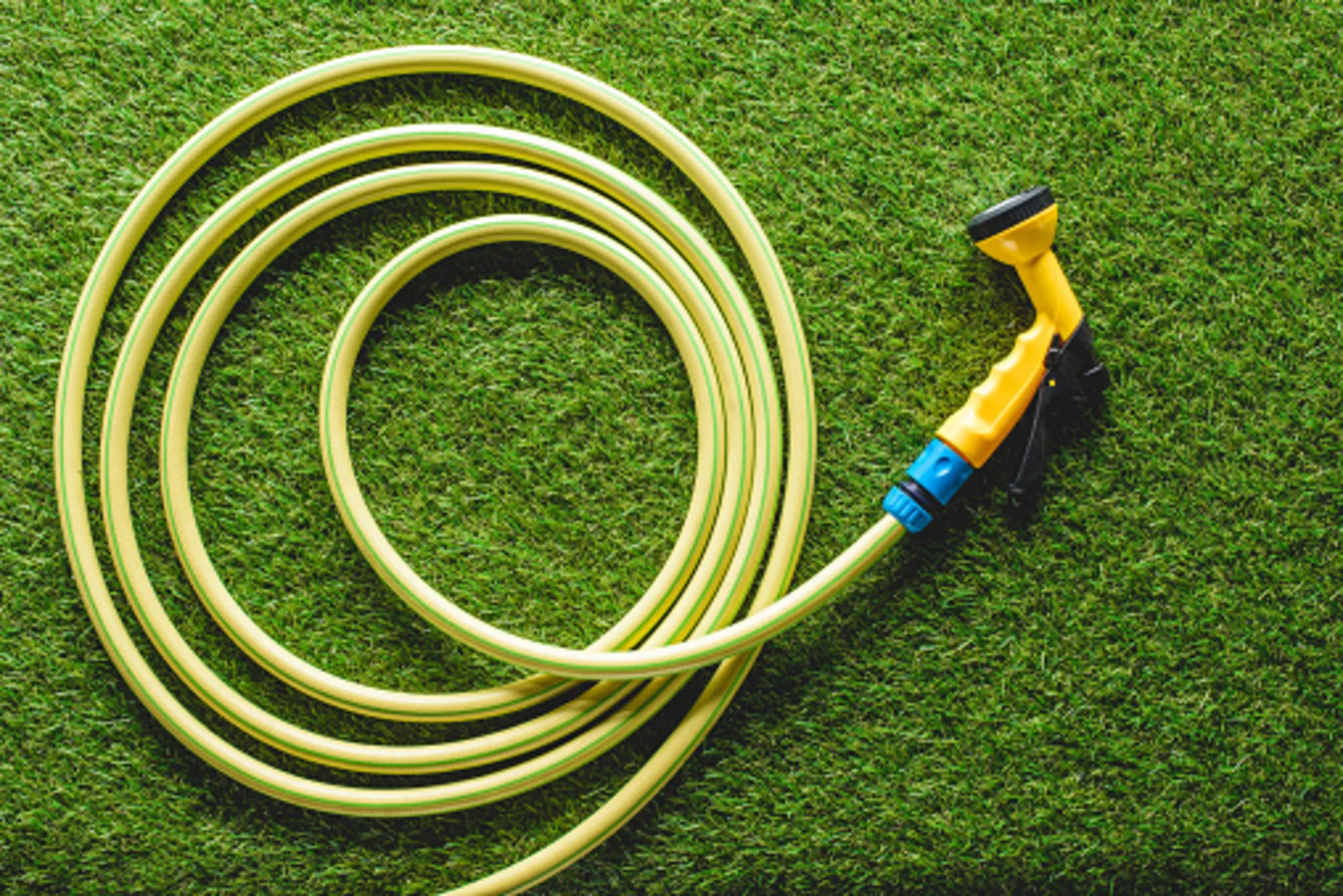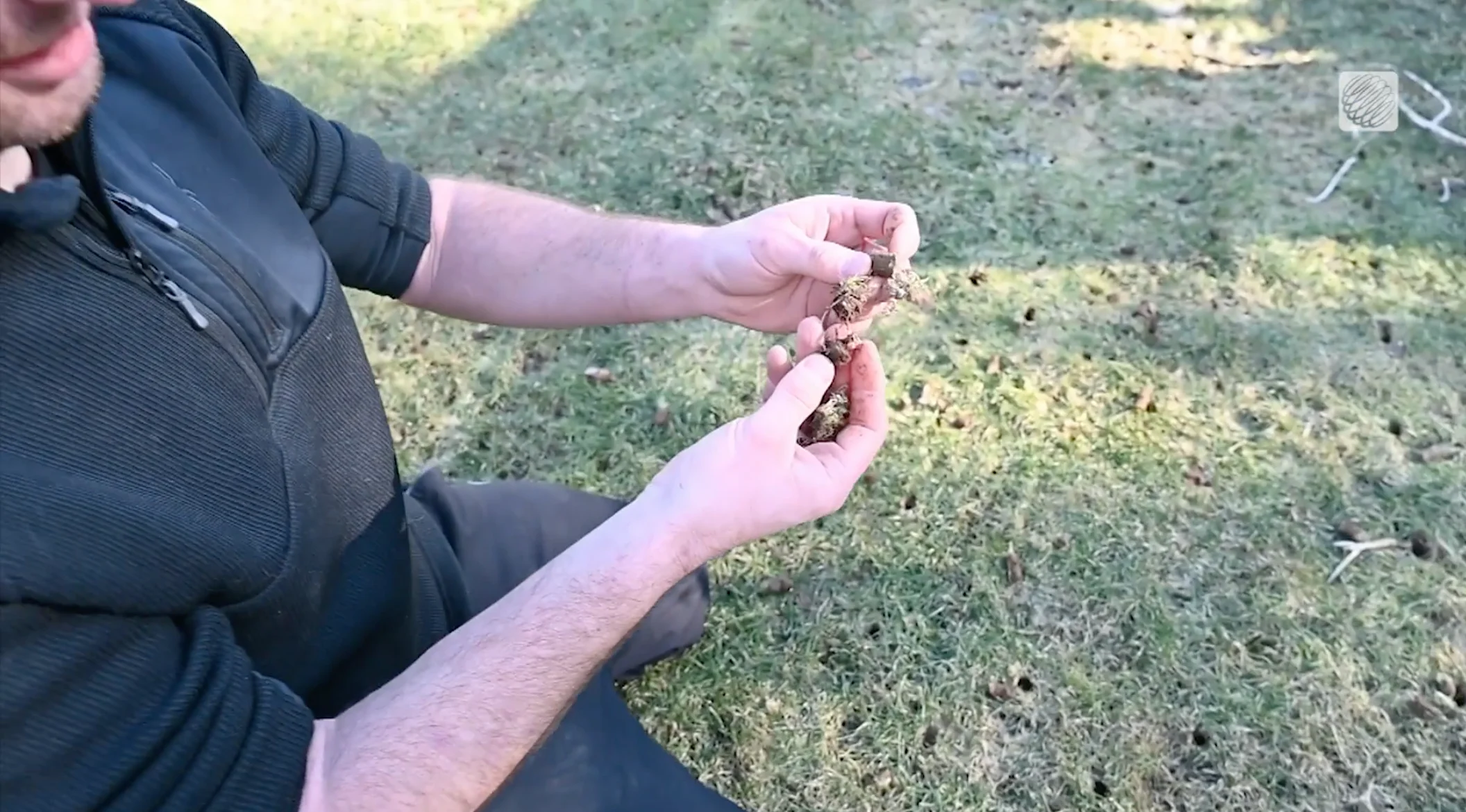
Why you shouldn't water your lawn...just yet
Lawn care expert shares tips on how to treat your lawn for optimal health yearlong
When it comes to your lawn, plant health, not growth, should be the primary concern, according to John Moakes, owner of Lawn Mechanic.
He says when it comes to watering your lawn, it’s best to hold off as much as possible early in the season to help create root density.
“If you can develop a very deep and dense root system very early in the year, then you have access to a much bigger glass of water that it can have access to,” he explains.
RELATED: Find random holes in your yard? Here's what could be causing them
According to Moakes, excessive water at the beginning of the season can lead to shallow rooting, which is detrimental in the long term.
When it comes to mowing, Moakes says don’t hesitate because a longer lawn early in the year creates a perfect habitat for pests, and ticks can be brought in by rodents and stick to long foliage.
"Getting out early as soon as the grass is able to be cut and mowing is going to help everything," he says. "Cutting the lawn itself is almost more beneficial than fertilizing because it actually induces growth."
Additionally, the plant produces auxin, a phytohormone concentrated at the stem's top, responsible for regulating growth.
“If you cut that off, then at the point at which the plant spreads and kind of tillers, the auxin is going to be produced, and it actually forces the plant, instead, to spread laterally and thicken up,” Moakes explains.

Auxin, a phytohormone concentrated at the stem's top, is responsible for regulating growth. (The Weather Network)
SEE ALSO: Here's what warmer temperatures mean for your lawn
This will help with weed suppression and encourage root growth.
Moakes adds that having a hybrid of grass species will also make your lawn more resilient.
“Different grasses are going to perform at different times of the year,” he says.
Kentucky bluegrass can be found on many sod farms because it’s resilient during the winter and spreads by itself when healthy, but it's less resilient to drought, so mixing it with perennial ryegrass can be beneficial because it’s more resilient to heat.
MORE TIPS FROM JOHN MOAKES: Why you should consider using this syrup in your garden this spring
Header image credit: LightFieldStudios. Creative #: 961380694. Collection: iStock / Getty Images Plus.










